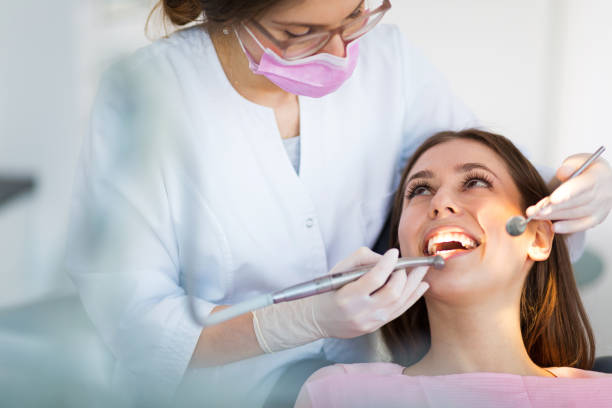Regular dental checkups are a key part of taking care of your teeth and gums. Dentists will check for signs of tooth decay, gum disease, and other problems. They may also recommend treatments for these conditions.
Getting a regular dental exam can help you avoid serious problems down the road. Dental checkups can also help you recognize early signs of problems.
Early detection of tooth decay and gum disease can prevent serious problems from developing.
Most people should get a dental check-up every six months. This is especially true if you have: had a recent tooth was filling or recently had dental work done or had any oral surgery. Also You can Go with Medication, Must Buy Dentitox Pro.
Eat and drink foods that can cause decay, such as soda or candy if you want to get the most out of your exams, talk with your dentist about scheduling a comprehensive dental exam and cleaning. This is the most effective way to keep your teeth and gums healthy.
How Much Does It Cost? Most dental checkups are covered by most dental insurance plans. If you do not have insurance, this is not an issue.
What Happens During a Dental Check-up?
A dental check-up is an important step in keeping your teeth healthy. During a check-up, your dentist will review your oral health and may recommend additional preventive measures.
They may also take x-rays or perform other tests to determine the cause of any problems you might be experiencing.
A dental check-up is not only an opportunity to get good dental care, but it can also help identify problems early and save you money on dental treatments down the road.
A dental check-up is a routine exam that helps your dentist diagnoses and treats any problems with your teeth.
During the check-up, your dentist will inspect your teeth and gums, take x-rays if necessary, and may also give you a dental exam.
Depending on the condition of your teeth, your dentist may also recommend oral hygiene measures, such as brushing and flossing, or orthodontic treatment.
What If You Are Afraid of the Dentist?
If you’re one of the millions of people who are afraid of the dentist, there’s good news: You’re not alone. In fact, almost one-third of Americans report being afraid of the dentist, according to a study published in the journal Dental Clinics of North America.
The root cause may be rooted in our childhood experiences: Most adults received dental care when they were children from either their parents or a family member and most experience some form of anxiety or fear when visiting a dentist.
However, there are ways to overcome your fear and get the dental care you need.
If you’re scared of dentists, there are a few things you can do to combat that fear. One way is to talk to a friend or family member about your concerns and see if they can recommend a dentist that you feel comfortable with.
Another option is to research different dentists and find one who you think may be more suited for your needs.
Finally, consider scheduling an appointment before your fear becomes too overwhelming and start building up the courage to go in for a check-up.
Dental Check-up Frequency
Regular dental check-ups are a crucial part of keeping your teeth healthy. Not only can they identify problems early, but they also can help you to maintain good oral hygiene habits.
Some key points to keep in mind when scheduling your next dental check-up include:
- Talk to your dentist about when is the best time for you to come in for an appointment.
- Always make sure to bring any recent x-rays or photographs of your teeth that may be available.
Most people think that a dental check-up is only necessary once a year, but this is not always the case. Depending on your age, teeth might be more prone to decay and need more attention than others.
The American Dental Association recommends that everyone have a dental check-up every six months for optimum oral health.
